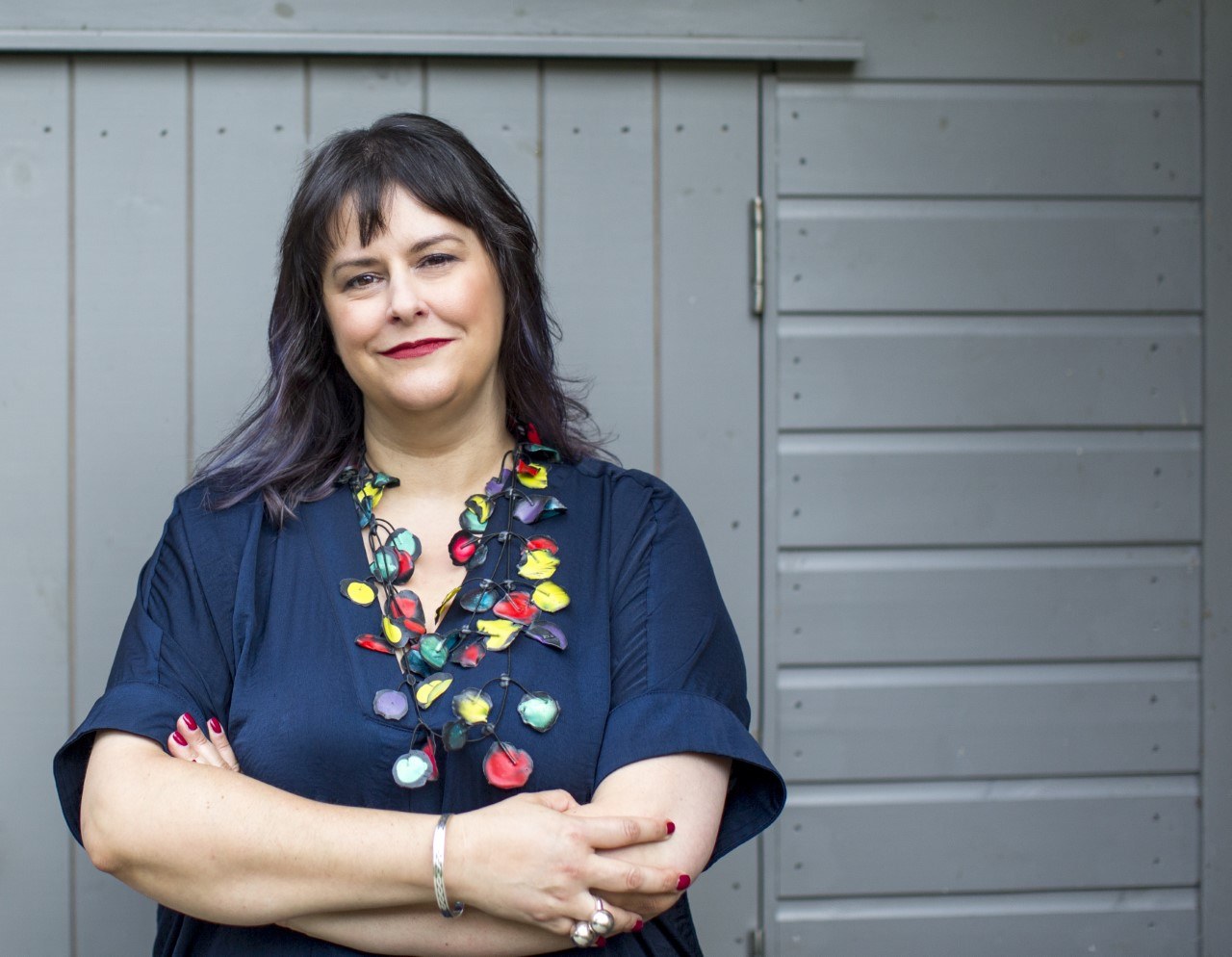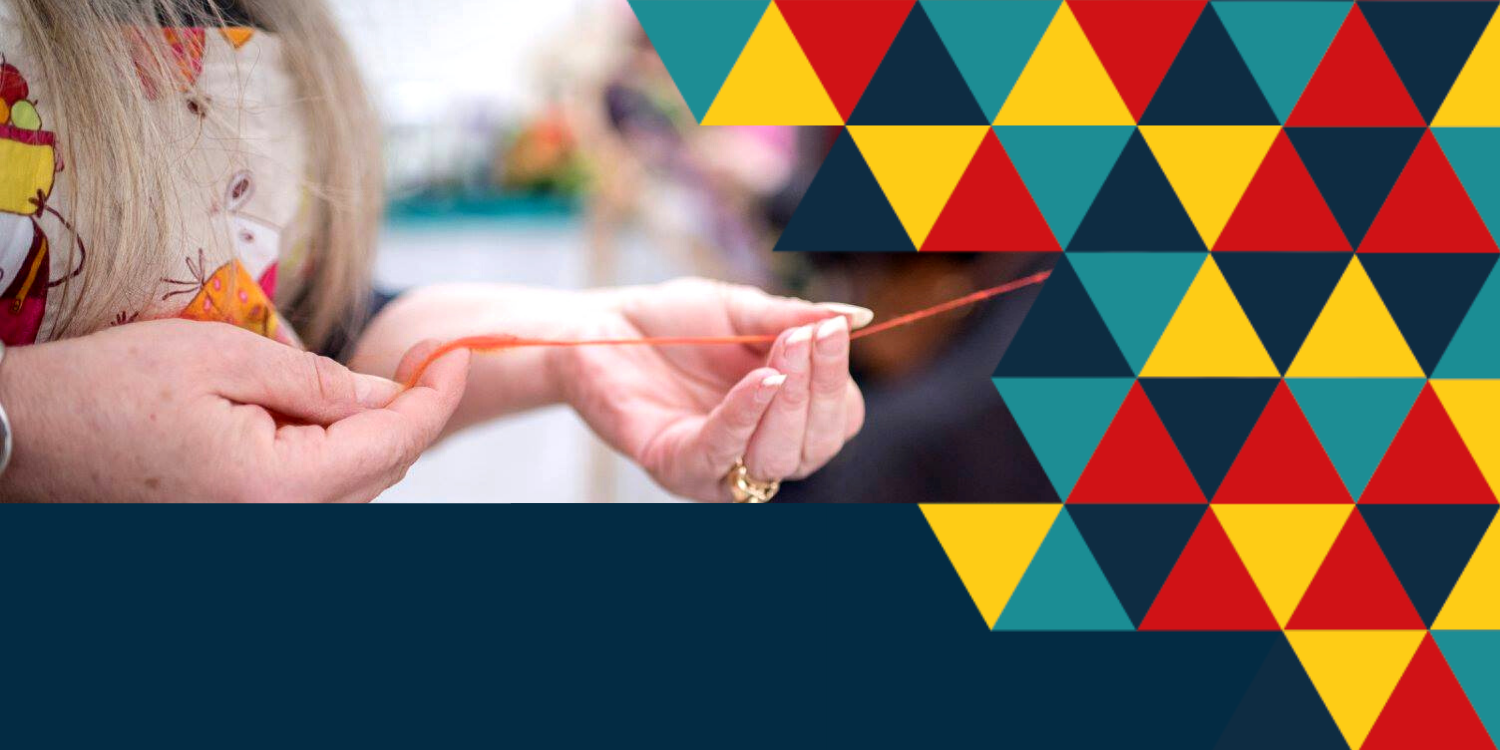Most of us have probably moved out of that immediate phase of “Sudden Shock” where we witnessed life as we knew it shutting down before our very eyes, and we rapidly turned our organisations upside down.
Many of us seem now to be in an odd “Steady State” phase, where we’ve become used to a peculiar lockdown routine, and we start to think about how we prepare for a future recovery.
But the world is still uncertain. It seems to me that Boards can usefully support organisations by carving out space to reflect with staff on the future. What have we been forced to stop, that really we don’t want to restart ? What have we been forced to start, that we ought to keep ? What might be the impact on the future behaviour of audiences and viewers? How do we survive, and hopefully thrive in the future ?
What will the New Normal look like…?
This feature was originally commissioned by Clore Leadership


